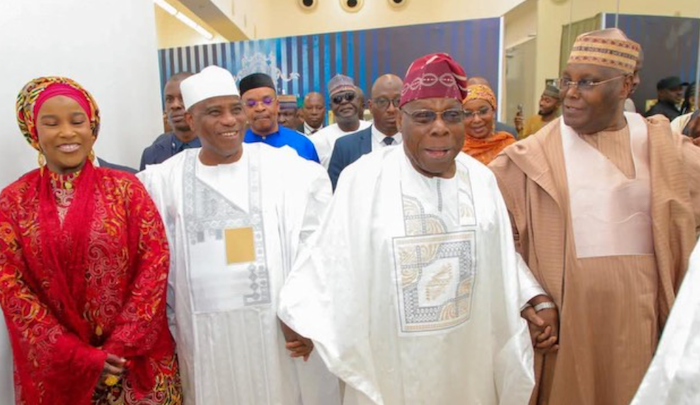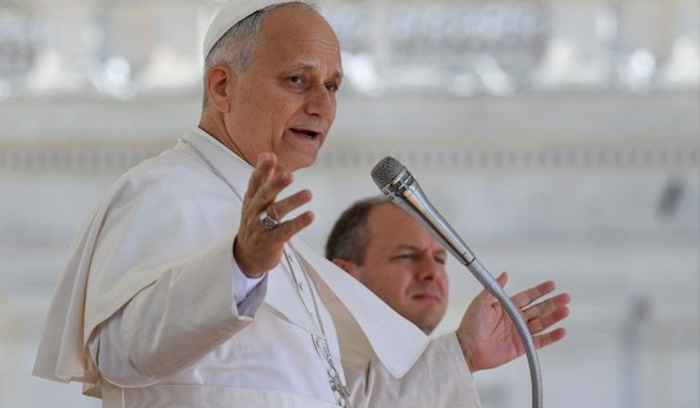
President Bola Ahmed Tinubu has assured Nigerians that the forthcoming tax reforms, set to commence on January 1, 2026, will not impose additional financial pressure on current taxpayers. Instead, the measures are designed to expand the country’s tax net, offer targeted relief to low-income earners, and foster economic inclusion.
Speaking during his national address commemorating Nigeria’s 65th Independence Anniversary on Wednesday, the President acknowledged the difficulties Nigerians have faced due to recent economic policies but reaffirmed his administration’s commitment to long-term economic stability and growth.
“This new tax law is not about increasing the burden on those already paying taxes. It is about expanding the base and giving relief to the most vulnerable among us,” Tinubu said.
He noted that the country’s tax-to-GDP ratio had risen from under 10 percent to 13.5 percent, with expectations for further improvement once the new tax framework is implemented.
A Response to Crisis: Reforms Amid Pain
The President described the country’s economic reforms as necessary but painful steps taken to avoid national insolvency. Tinubu emphasized that when he took office in 2023, allowing Nigeria to slide into economic collapse was not an option.
“I have always acknowledged the temporary pains these reforms bring. But they are preferable to the alternative of economic chaos or bankruptcy. The progress we’re seeing in macroeconomic indicators shows that our sacrifices are yielding results.”
He stressed that real success would be measured not just in statistics but in tangible improvements such as affordable food, reliable electricity, quality education, and safe communities.
A Call for Productivity and Local Support
The President urged Nigerians to support the country’s economic revitalization by buying locally made goods, embracing productivity, and paying their taxes.
“Let us be a nation of producers, not just consumers. Let’s grow what we eat, and process what we grow. Support Nigerian-made products. I say, Nigeria first.”
He commended reforms in areas like passport processing by the Ministry of Interior, highlighting it as a model of what efficient service delivery should look like across all sectors.
What to Expect from the New Tax Laws – Starting January 2026
Streamlined Tax Code
The new tax regime will repeal and consolidate multiple outdated tax laws such as the Companies Income Tax Act, Value Added Tax Act, and Capital Gains Tax Act into a single, modernized framework. This is aimed at simplifying compliance, eliminating duplication, and addressing the long-standing issue of multiple taxation across federal and state levels.
Key Reliefs for Individuals and Small Businesses
- Personal Income Tax: Individuals earning less than ₦800,000 annually will now be fully exempt from personal income tax.
- Small Companies: Businesses with annual turnover not exceeding ₦100 million and total fixed assets under ₦250 million will be exempt from:
- Companies Income Tax (CIT)
- Capital Gains Tax (CGT)
- The newly introduced Development Levy
VAT Exemptions
Value Added Tax will no longer apply to essential goods and services, including:
- Basic food items
- Educational materials and school tuition
- Shared transportation services
This is intended to cushion the cost-of-living burden on ordinary Nigerians.
Capital Gains and Digital Tax Adjustments
- Capital Gains Tax (CGT) for companies has been increased from 10% to 30%, aligning it with the standard company income tax rate.
- Individuals will now pay CGT based on their income tax band, making it a progressive tax.
- Profits from digital and virtual assets will now be taxed under the new laws—ensuring the government captures revenue from modern economic activities.
Introduction of Development Levy
A new 4% Development Levy on assessable profits will replace several fragmented levies. However, small companies and non-resident businesses are exempt.
Targeted Incentives for Growth Sectors
- Companies entering the agricultural sector will enjoy a five-year income tax holiday, aimed at boosting food security and local production.
- The Pioneer Status Incentive will be replaced with the Economic Development Tax Incentive, offering tax benefits for up to 20 years to qualifying sectors.
- Profits from exports will be tax-exempt, provided they are repatriated through legal financial channels.
Major Administrative Overhaul
- The establishment of the Nigeria Revenue Service (NRS) as a single, central tax authority will eliminate overlapping roles among federal and state tax agencies.
- The Nigeria Tax Administration Act introduces:
- Advance tax rulings
- Unified enforcement procedures
- Stronger compliance mechanisms
- A new Office of the Tax Ombudsman will act as an independent mediator between taxpayers and authorities, ensuring fairness and resolving disputes swiftly.
Final Word: A Foundation for the Future
President Tinubu concluded his address by assuring Nigerians that the administration will ensure that savings from reforms are directed toward impactful development.
“We are laying a foundation made of concrete, not quicksand. This is about building the Nigeria we all deserve.”



